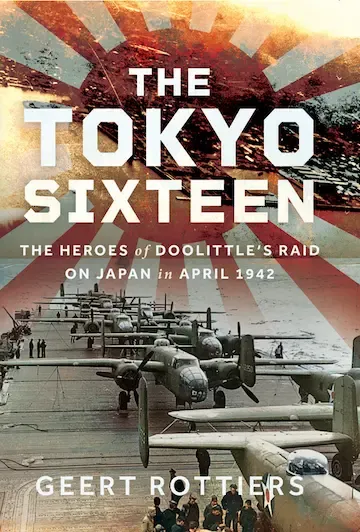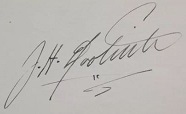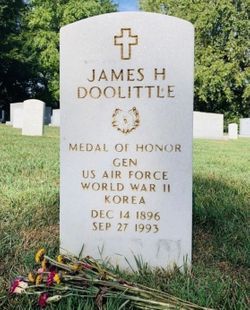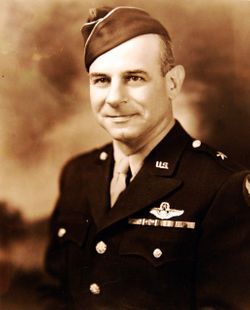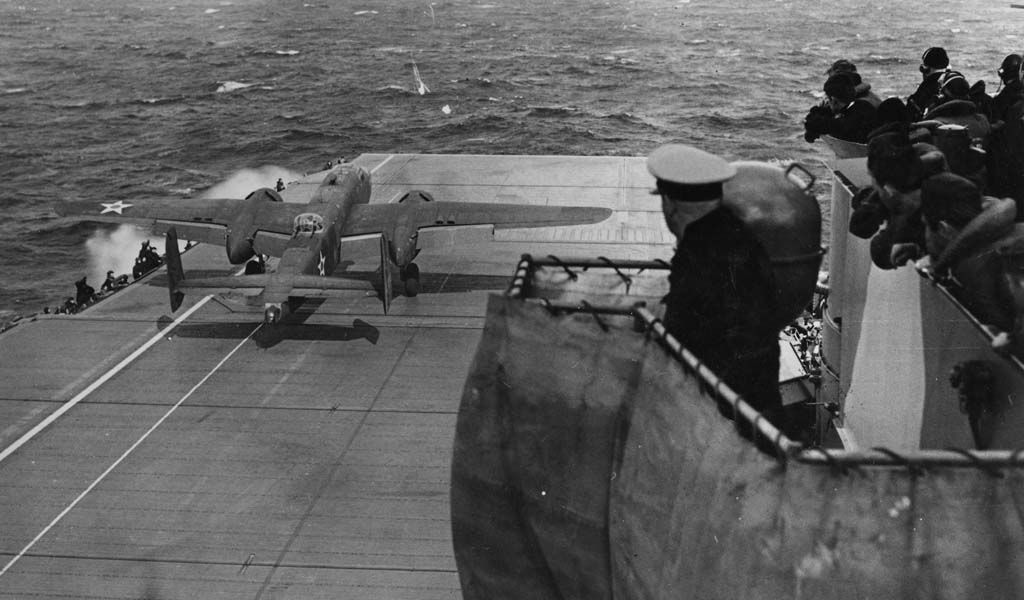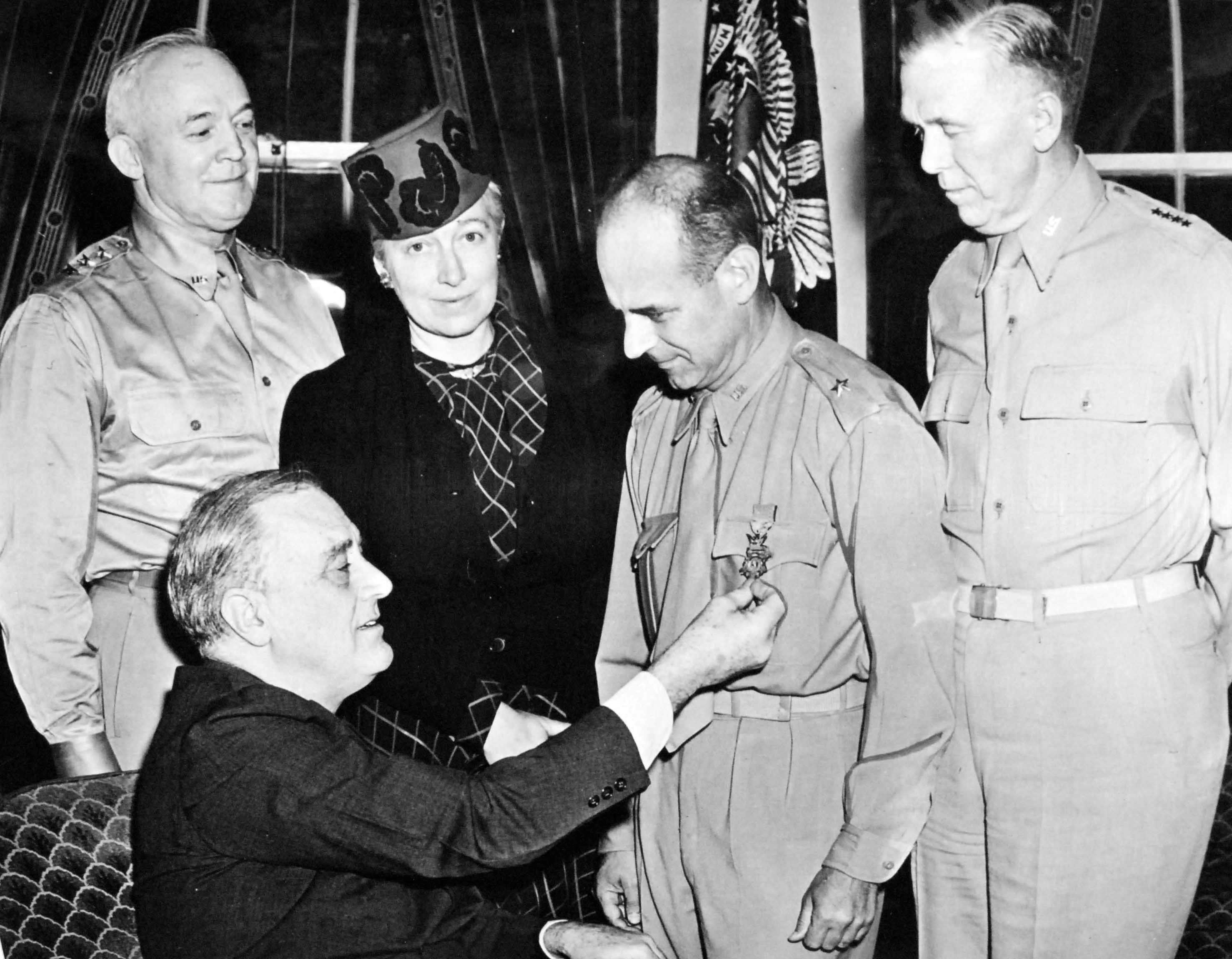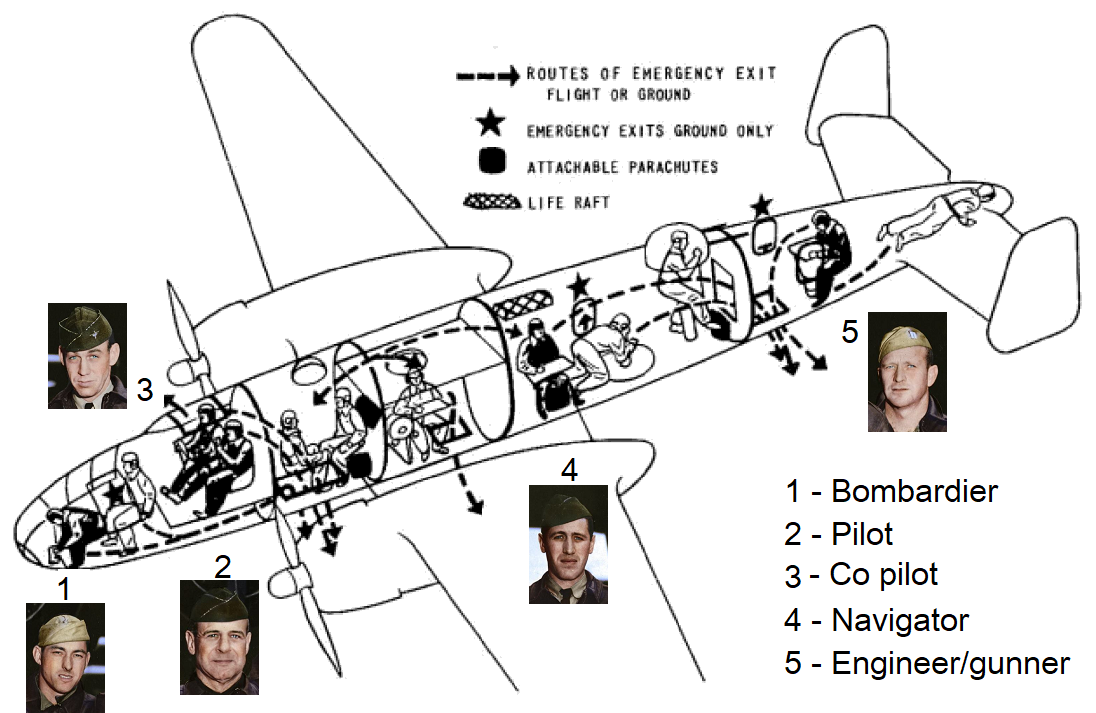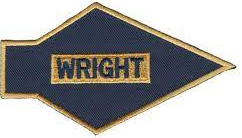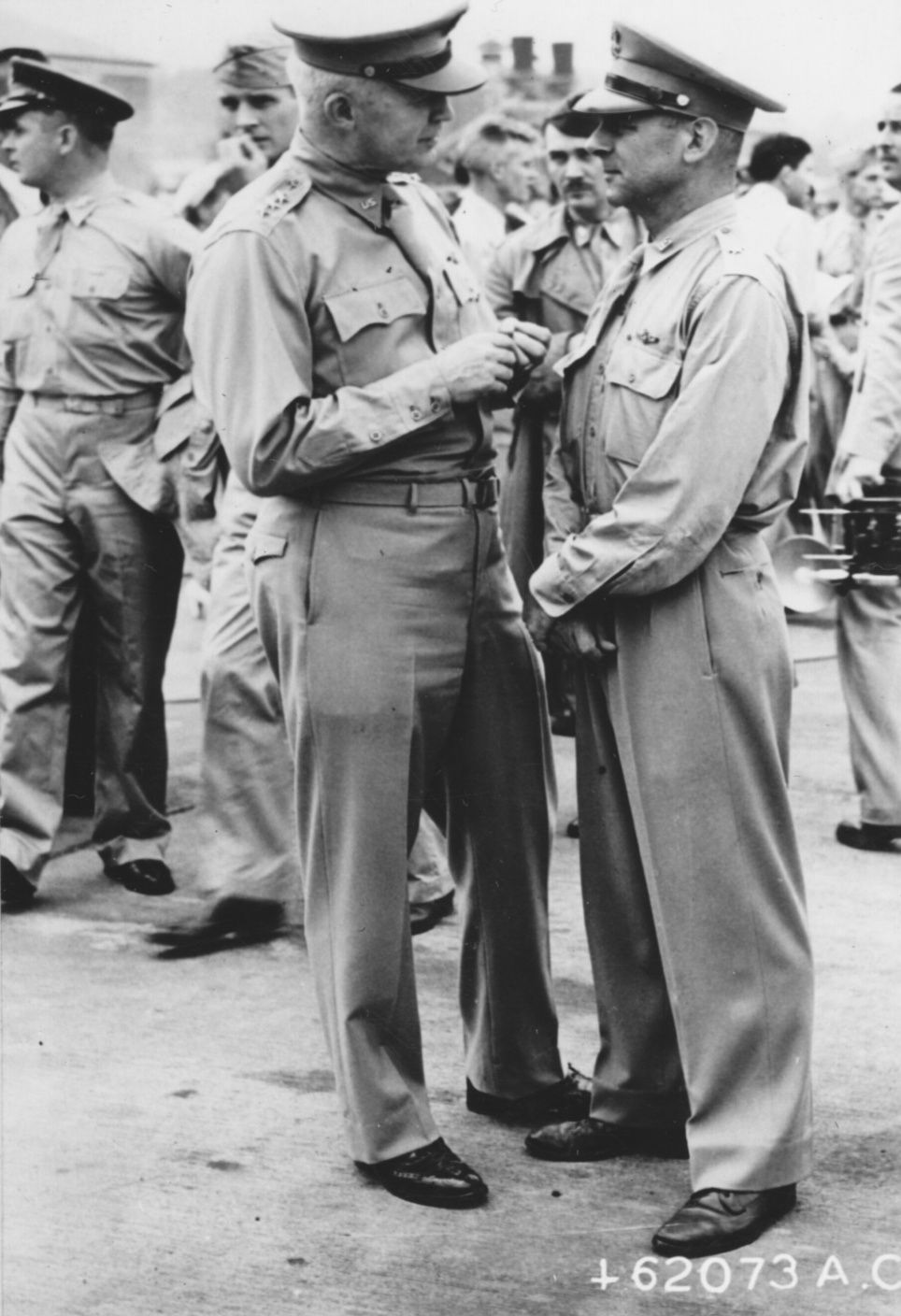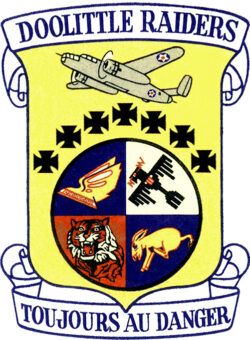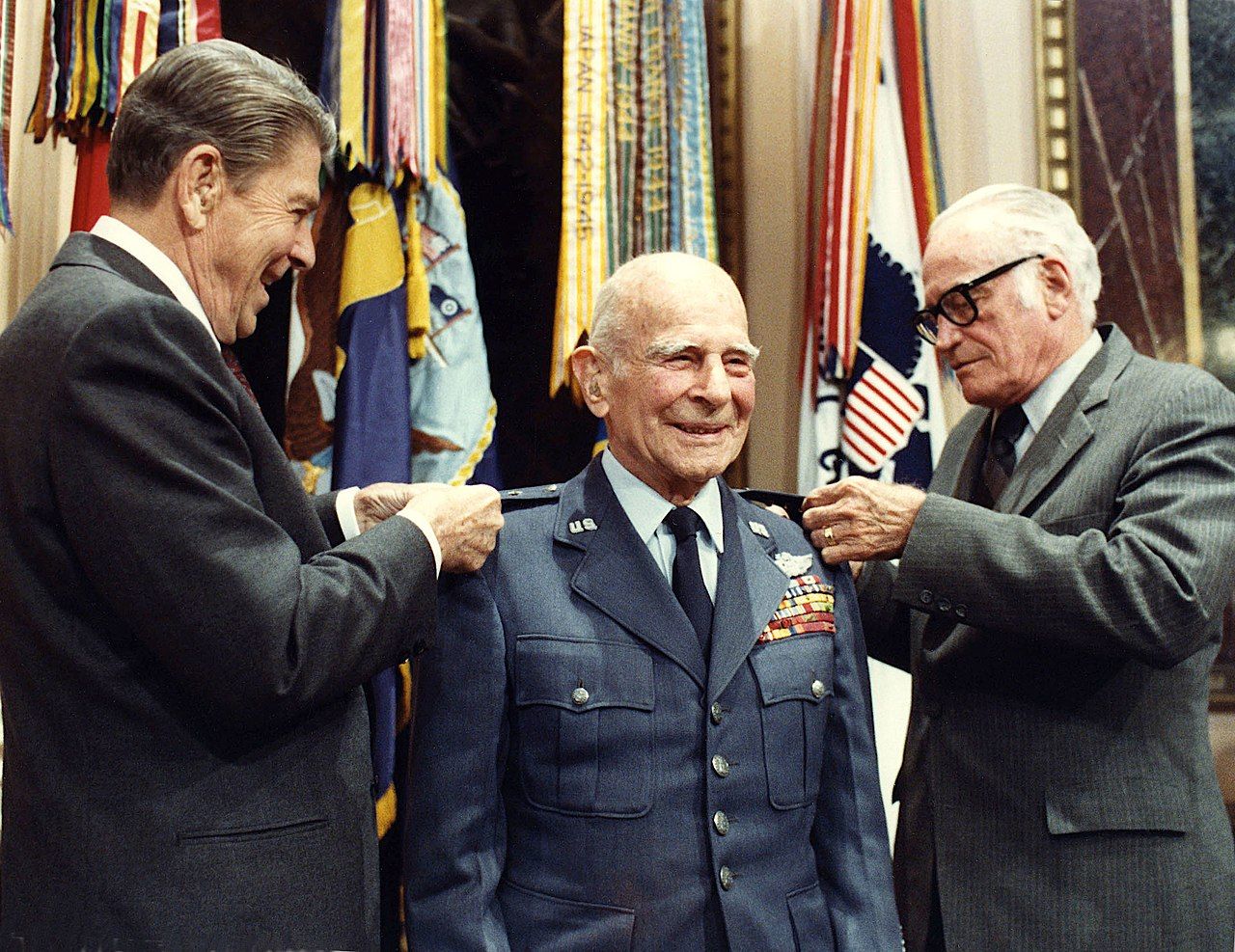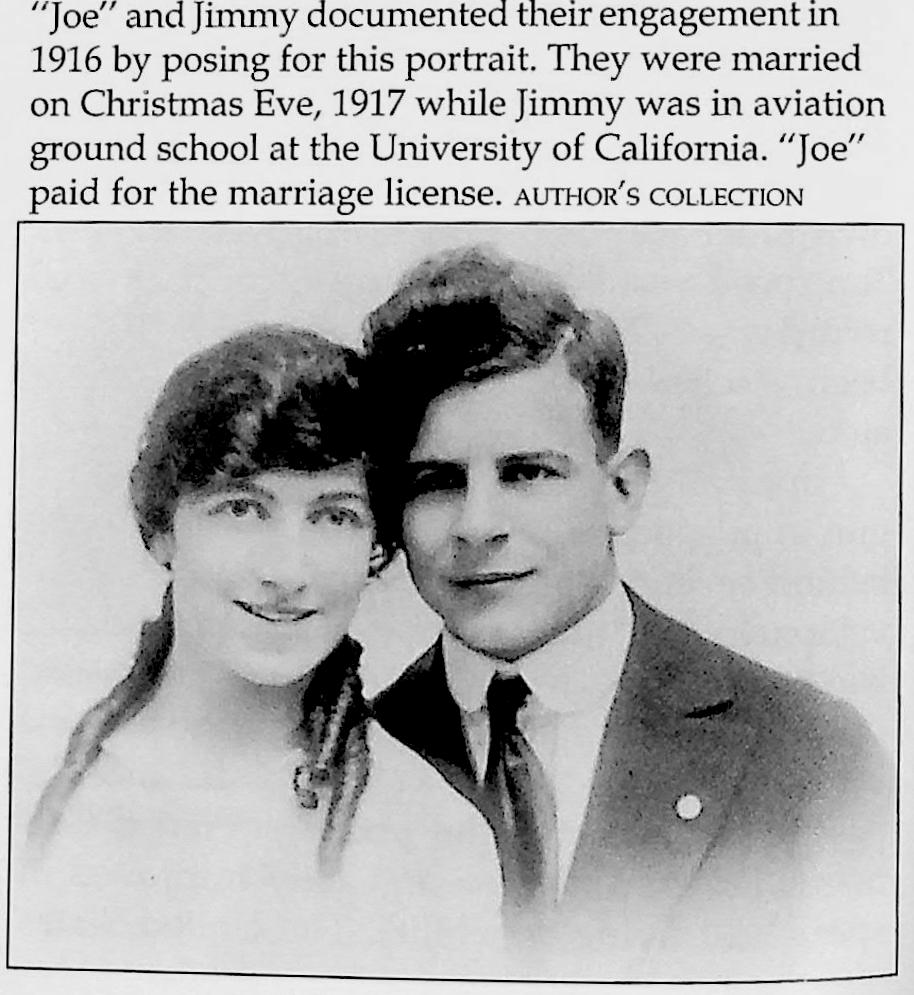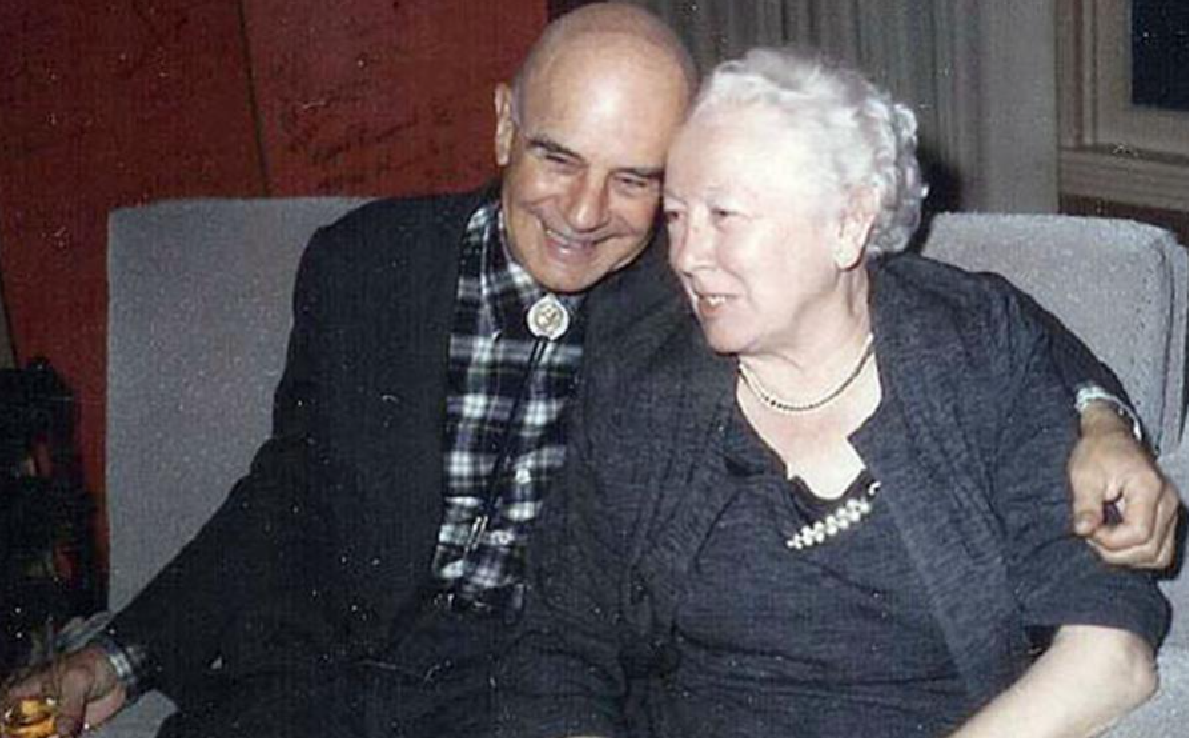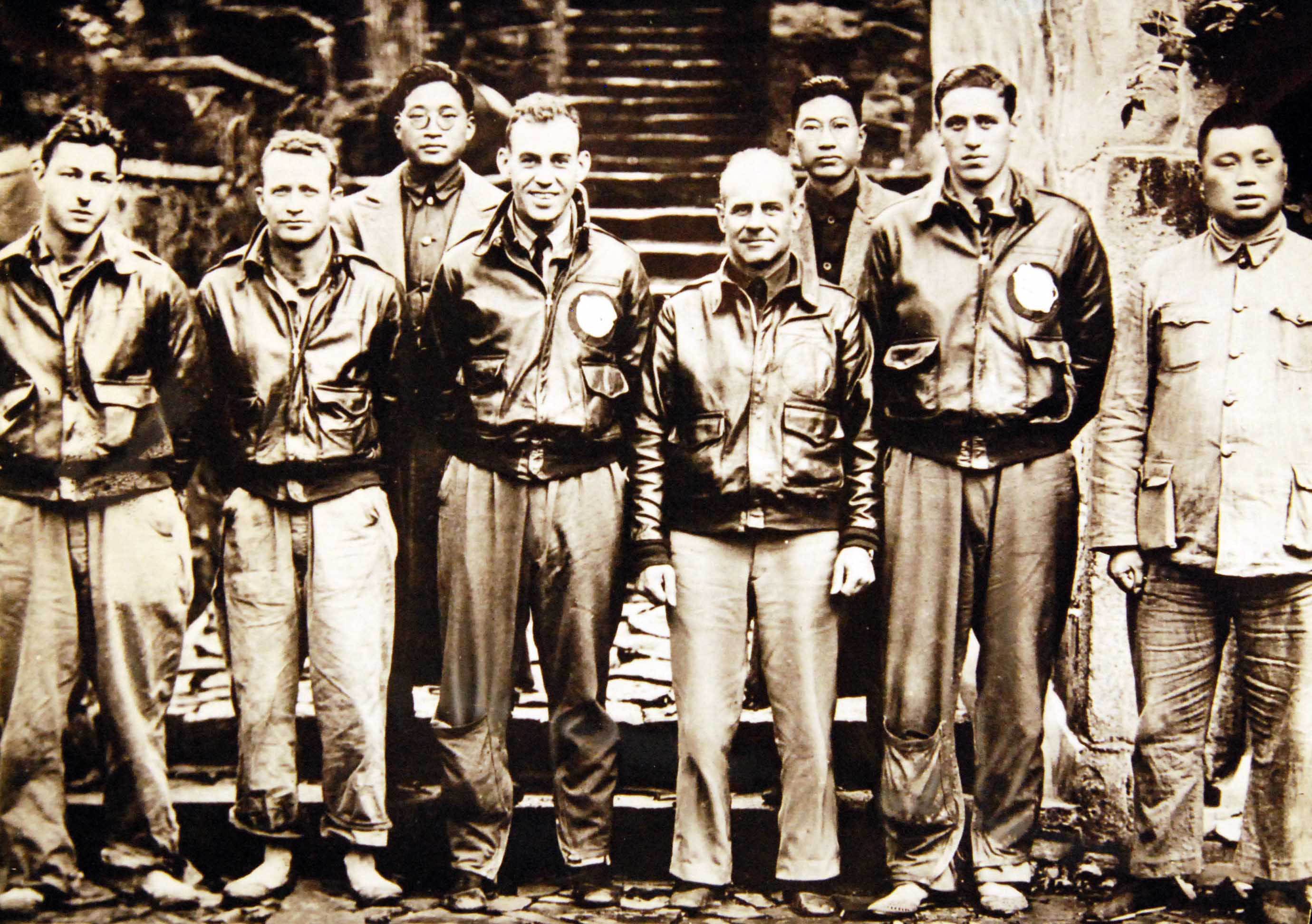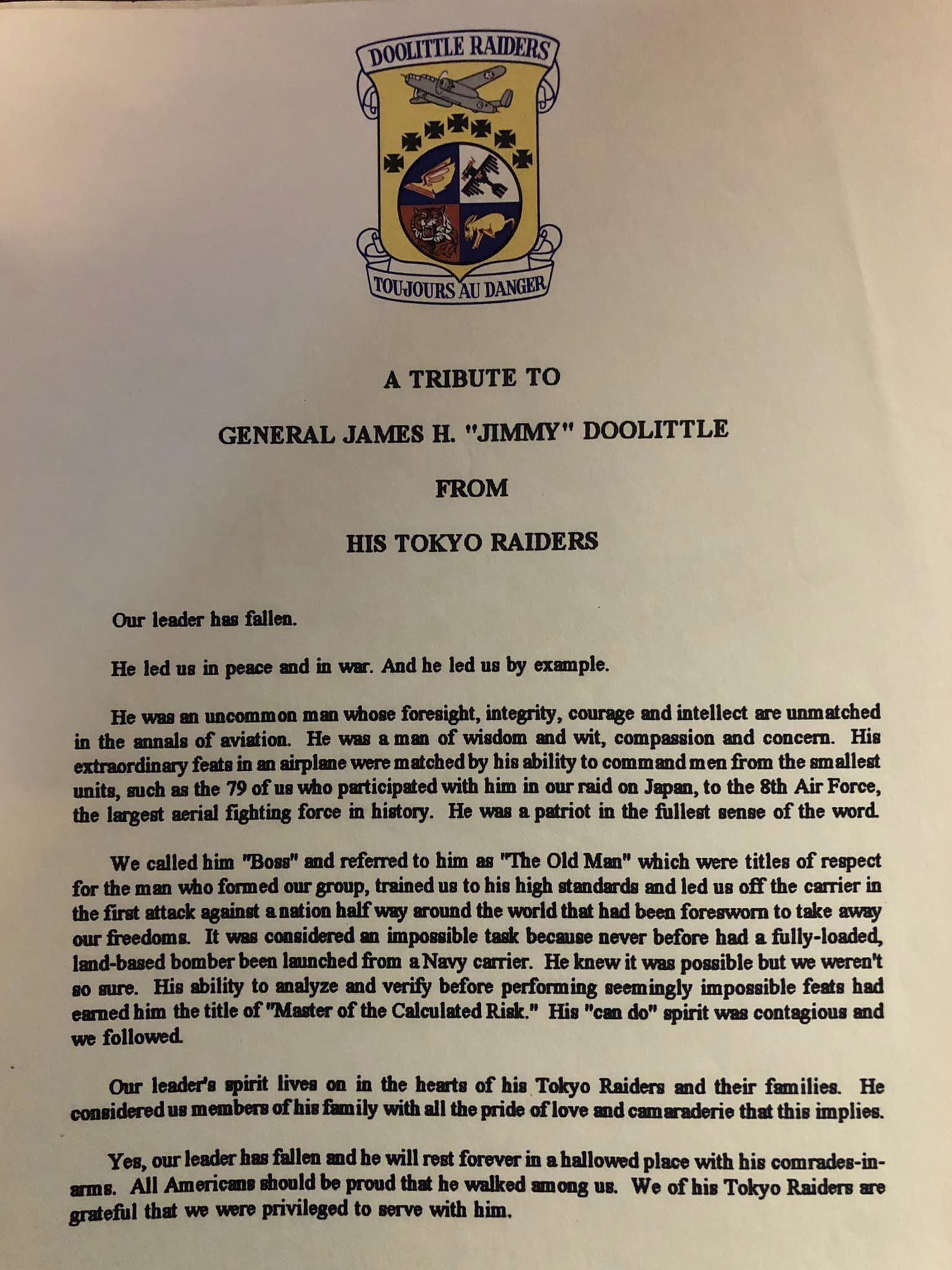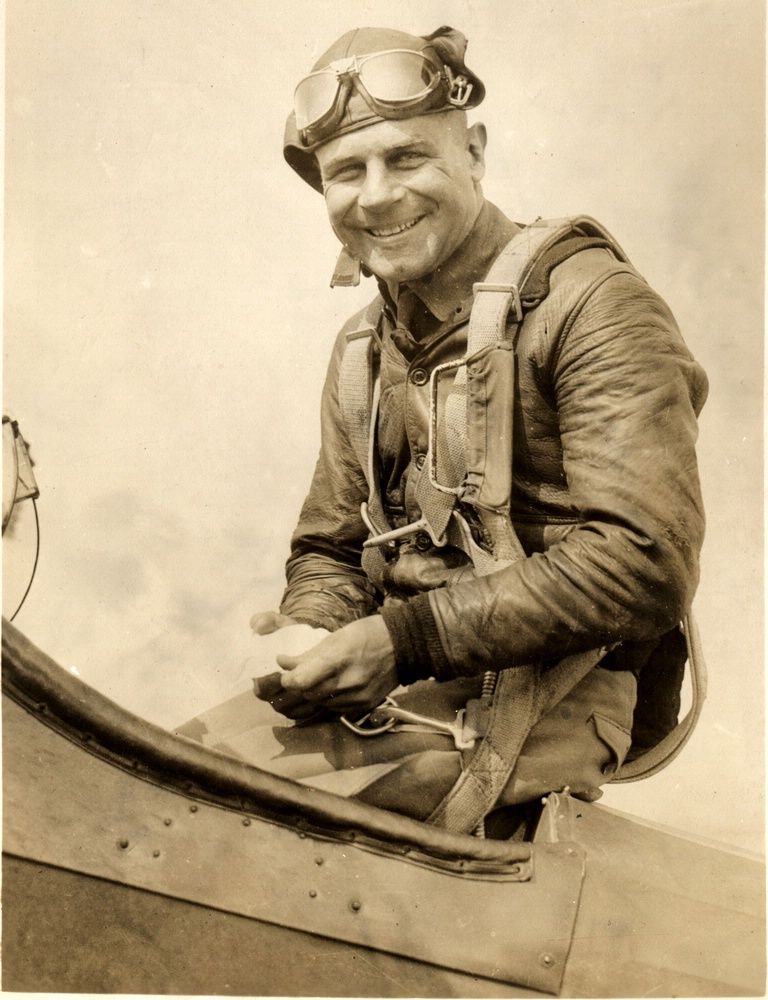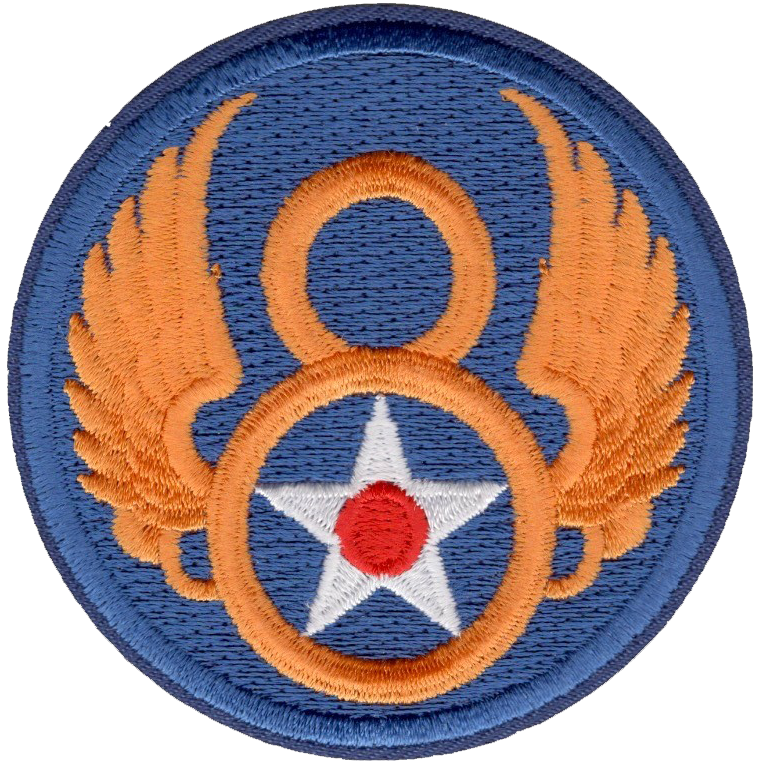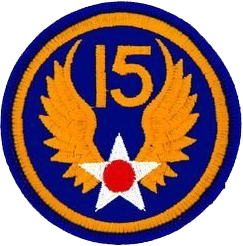Lieutenant Colonel James H. Doolittle
- First name: | James |
- Middle name: | Harold |
- Last name: | Doolitle |
- Nickname: | Jimmy |
- Rank Doolittle raid: | Lieutenant Colonel |
- Last rank: | General (four-star) |
- Service number: | 0-271885 |
- Date of birth: | 14 December 1896 |
- Place of birth: | Alameda, California |
- Date of death: | 27 September 1993 |
- Place of death: | Carmel, California |
- Place of the cemetery: | Arlington, Virginia |
- Name of the cemetery: | Arlington National Cemetery |
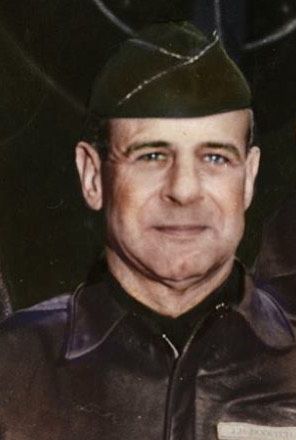
Additional info
For Readers of The Tokyo Sixteen:
If you've purchased the book, you can find additional information and updates about each of the sixteen pilots here. New details continue to emerge almost daily, and I will do my best to update the corresponding pages regularly.
The Doolittle Raid Face book page: https://www.facebook.com/profile.php?id=100093570602530 for questions you can email me at
Additional information about General James Harold "Jimmy" Doolittle, one of the most iconic figures in U.S. aviation and military history: There have already been so many publications about Jimmy Doolittle that much additional information can no longer be found—most likely because it simply doesn’t exist.
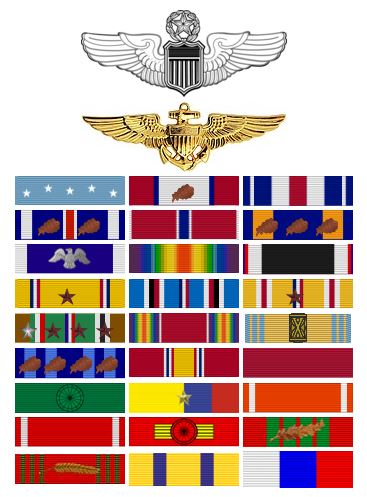
🛫 Who was Jimmy Doolittle?
- Full name: James Harold Doolittle
- Born: December 14, 1896, Alameda, California, USA
- Died: September 27, 1993, Pebble Beach, California, USA
- Burial: Arlington National Cemetery
- Rank: General (four-star)
✈️ Aviation Pioneer
- 1920s/1930s Achievements:
- One of the earliest test pilots and aeronautical engineers in the U.S.
- Earned a doctorate in aeronautical engineering from MIT in 1925 — very rare at the time.
- First person to perform a “blind” takeoff, flight, and landing using only instruments (1929), revolutionizing aviation safety.
🎖️ Military Service
- World War I:
- Served as a flying instructor and combat pilot.
- Interwar Period:
- Remained active in aviation as a racer and test pilot.
- World War II:
- Became famous for leading the Doolittle Raid (April 18, 1942), the first air raid to strike the Japanese home islands.
- Promoted to Brigadier General immediately after the raid.
- Later commanded:
- Twelfth Air Force in North Africa
- Fifteenth Air Force in Italy
- Eighth Air Force in England
🎖️ Awards and Honors
- Medal of Honor – for valor and leadership in planning and executing the Doolittle Raid.
- Presidential Medal of Freedom (1989)
- Multiple Distinguished Flying Crosses, Distinguished Service Medals, and foreign decorations.
🏁 Racing Legacy
- Won several prestigious air races:
- Schneider Trophy (1925)
- Bendix Trophy (1931)
- Thompson Trophy (1932)
He proved that high-speed, long-distance flight was possible, pushing the limits of aircraft technology.
🧠 Scientific Mind
- Helped develop early aviation fuels and engine technologies.
- A staunch advocate for technological progress in aviation and military defense.
🔚 Post-War Contributions
- Became an executive at Shell Oil Company, where he promoted high-octane fuel for aviation.
- Continued advising the military and government during the Cold War.
📚 In Pop Culture
- Portrayed by Spencer Tracy in the 1944 film Thirty Seconds Over Tokyo.
- Has been referenced in numerous books, documentaries, and historical fiction.
Jimmy Doolittle in China after the Doolittle Raid:
Doolittle himself landed in a remote rice field littered with fertilizer. Although he had freed himself from the plane, he found himself in an unpleasant situation, entirely covered in mud and human waste, which was used as fertilizer. After folding his parachute, he spotted a farmhouse in the distance and decided to head in that direction. He knocked on the door, but no one answered. Moving on, he came upon another building, only to his dismay to discover it was a local mortuary, where he encountered the body of an elderly Chinese man.
Chilled by the harsh weather, Doolittle took shelter in the mortuary and waited there until daylight. The following morning, he continued walking and met a Chinese farmer who did not speak English. Attempting to ask for help, Doolittle drew a train on a piece of paper, but the farmer didn’t understand and instead took him to a Free Chinese Army military post. However, Doolittle was met with distrust; the soldiers didn’t believe his story and asked for proof of his identity.
To prove who he was, Doolittle tried to lead the soldiers to where he had hidden his parachute, but upon arriving, they found it was gone. This only heightened the suspicion of the Chinese officers, and the situation became increasingly tense. The owner of the farmhouse, where Doolittle had knocked earlier, claimed he hadn’t heard any knocking, further fueling doubts. Just as tensions were about to escalate, two Chinese soldiers emerged from the farmhouse with Doolittle’s parachute.
Realizing who he was, the Chinese soldiers’ attitude shifted completely. They offered their full cooperation and thanked Doolittle for the brave attack on Tokyo. They promised to assist in locating other crew members who might have landed in the area with their parachutes. This gave Doolittle reassurance that he could count on the Chinese for support—a crucial signal amid the chaos.
The Chinese eventually took Doolittle to a Free Chinese Army military post, where he could contact the higher command of the Free Chinese Army and the American military base in Chongqing. A collaboration was established, marking the beginning of an organized search for the other Doolittle Raid crew members.
After the crash, James Doolittle reunited with his other crew members somewhat later at the Free Chinese Army outpost. Navigator Henry A. Potter, bombardier Fred A. Braemer, and gunner Paul J. Leonard were also brought to the Chinese military post, accompanied by a group of civilians and a guerrilla chief from the Free Army. Co-pilot Richard E. Cole also eventually arrived at the camp.
If you are related to or have known this person and you have information to share on this page, you are always welcome to contact the webmaster at
The Heroes of Doolittle's raid on Japan in april 1942
by Mr. Geert Rottiers
The book will be available soon.
